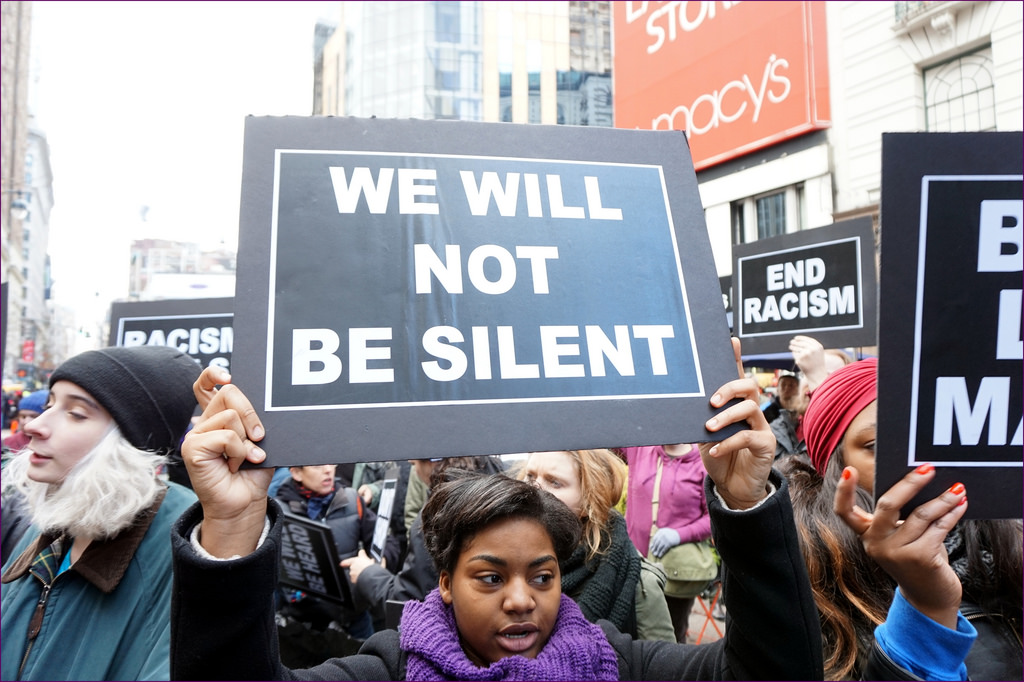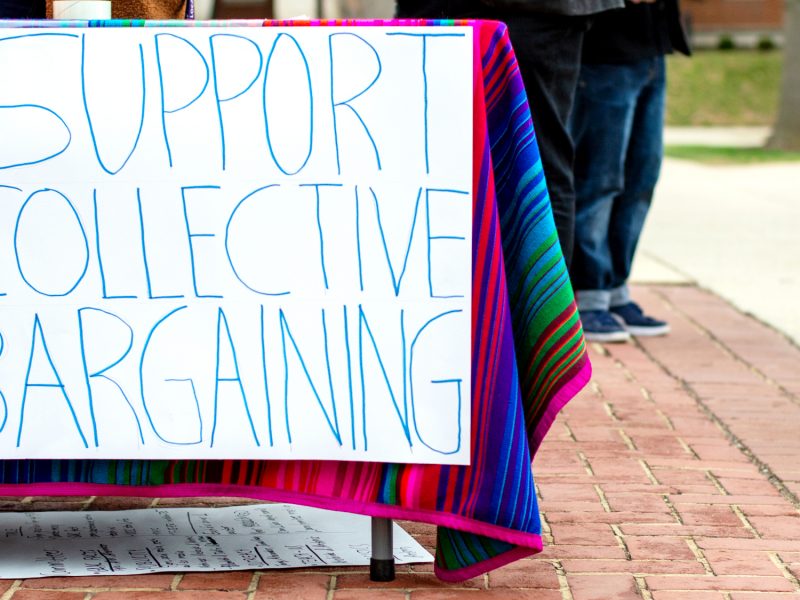During a radio show on NPR, Joel Ben Izzy talks about the time he encountered a nonagenarian Auschwitz survivor on a bus as a child. The old man pulled out an orange and said he found one just like it buried beneath the ash at the concentration camp. He told Izzy that at the time, he had to hide the orange from the prison guards because the fruit was so bright. Weeks later, the man ate the orange with his barrack mates during a particularly bad day at the camp and recalled that it was the sweetest thing he had ever or had since tasted. In that moment, that orange was freedom; it was survival; it was hope of living in Palestine. It reminded him to live.
As the bus came to a stop, the old man stood up, gave Izzy the orange and told him to “remember the sweet things in life.”
To be honest, I rolled my eyes the first time I heard that story. In retrospect, what I was really feeling was frustration that my life didn’t consist of stories that deserved to be told on the radio, that I have yet to experience a singular enlightening moment that would change my reality forever, that to me, an orange is just an orange.
To many of you, what I just said may have sounded insolent. But I think everyone has this notion that they are entitled to taste the sweeter things in life.
I don’t think this is wrong.
But can we really say we deserve it if we take a look at the current state of our nation, our presidential election, our police activities, and see nothing but pain? Maybe the reason why we demean, we marginalize, we oppress, we kill, lies not in what we think we know is right but in what we forget.
Forgetting may have been why a Diamondback columnist last week carelessly opined about Black Lives Matter and referred to institutional racism as a “falsified concept.” Forgetting may have been why I felt entitled to the same profound experiences as a Holocaust survivor without knowing what it was like to have lived his life.
What I had forgotten, what many of us often forget, is our privilege. The reason may be because this concept is often misconstrued with material wealth and luxury, or even whiteness, something not many of us would say we possess; something incongruent to the difficult lives we live. But privilege comes in many disguises. Privilege is being able to worry about the future instead of worrying about tonight; it is the ability to work hard and struggle yet have a reasonable expectation of success; it is failing but getting a second chance; it is the feeling of security walking alone at night and sometimes. Privilege is being able to have an opinion.
But I didn’t write this column to talk about how great privilege is, and how it can afford some of us invaluable opportunities and resources. I am here to tell you that privilege is a curse our nation must rid itself of.
It might seem infuriating how I am referring to privilege as a curse while many people of color have toiled so long fighting for the same opportunities, but we need to start seeing it as something bad because in order for the privileged to exist, there must be those who live without it; those we step over to maintain this hierarchy of haves and have-nots. It is easy to point to overt racism as a method to this oppression but many times it is the subtler acts that corrode and linger. It happens whenever we see nothing wrong with uttering the phrase “all lives matter”; it happens whenever we continue to preach the lie that anyone can succeed in this nation simply through hard work and perseverance.
But sometimes, hard work and perseverance is all we have. And I think this is why it is so important for us to support the movements that draw attention to black lives because they know something those of us with privilege do not.
They have tasted what the old man from Auschwitz has tasted because, you see, the sweet things in life cannot be given, inherited or bought. They can only be earned. They were earned in the 60s during efforts to disenfranchise and silence. When segregation allowed little to work towards, activists worked anyways. When their peaceful protests were met, and are still met, with the possibility of bloodshed, they marched anyways. And whenever they came face to face with the most desperate, bleakest and deadliest of situations, they made their stand anyways.
And they are still standing because they know that racism, oppression and hate will crumble if we speak out when we witness injustice, if we do not shrug at institutional racism, and if we do not accept that happiness and success in this life comes from how high we climb the mountain of privilege.
And when the injustice seems too much, the hatred too great, the deaths too frequent; when the criticism and ignorance lures us away from our goal for equality, when it leads us to lose faith in our cause, we would be wise to look towards our black citizens and remember the bitterness we must endure to taste the sweeter things in life.
Patrick An ’16, former opinion editor, is a research fellow at the National
Institutes of Health. He can be reached at patandbk@gmail.com.


